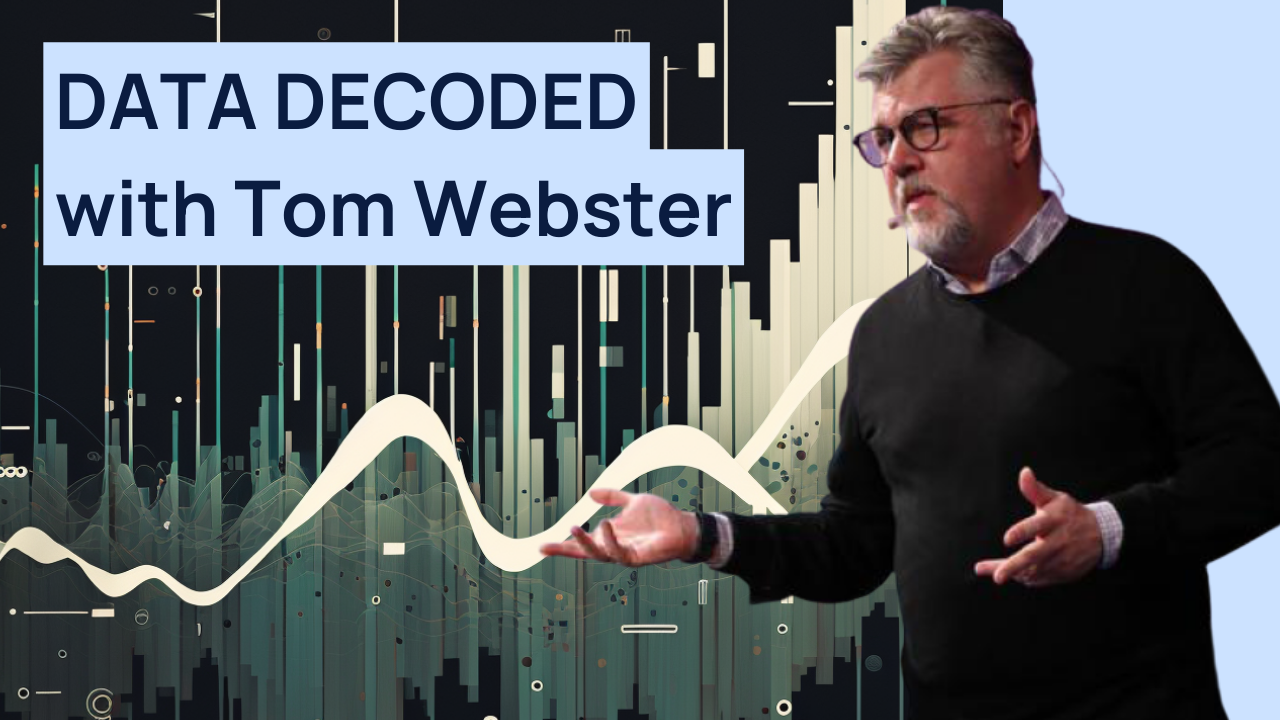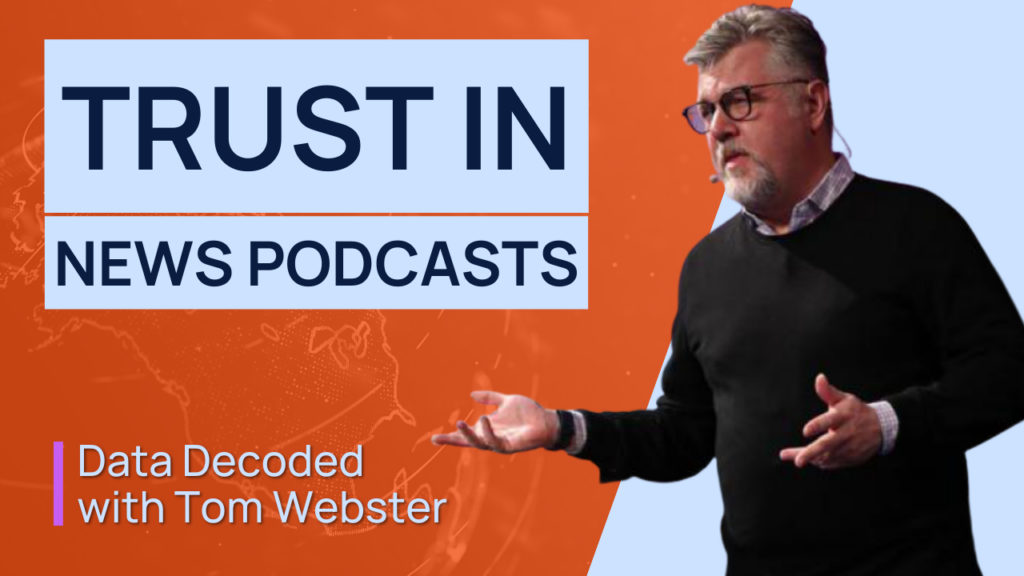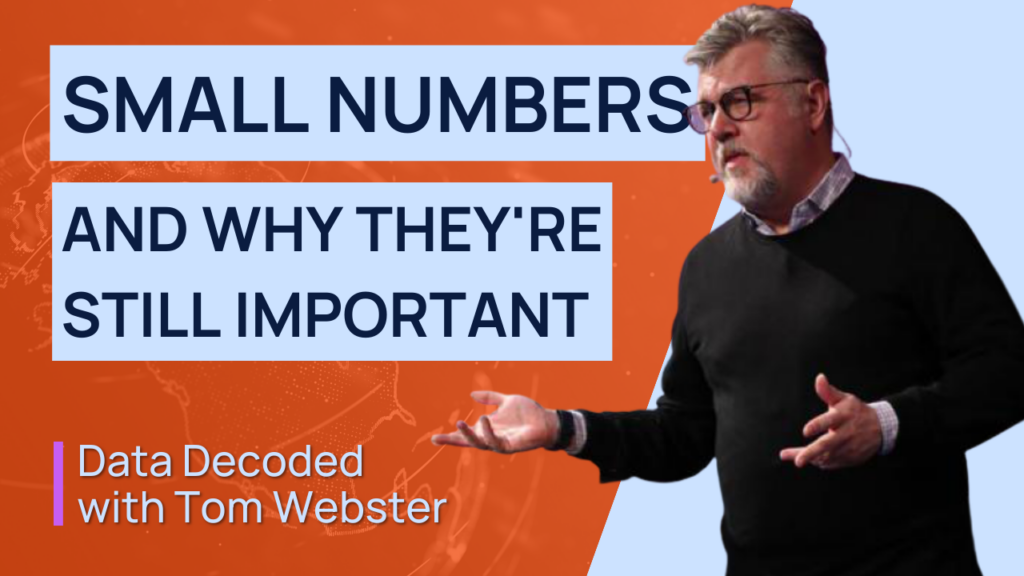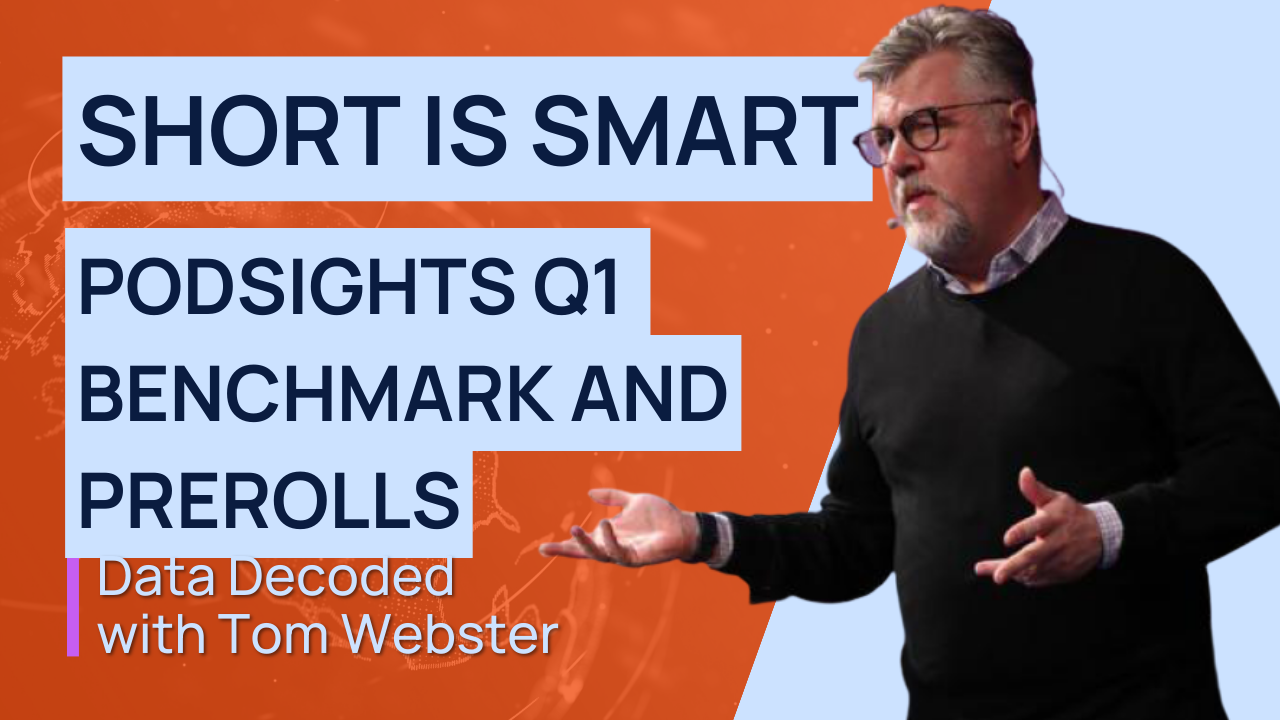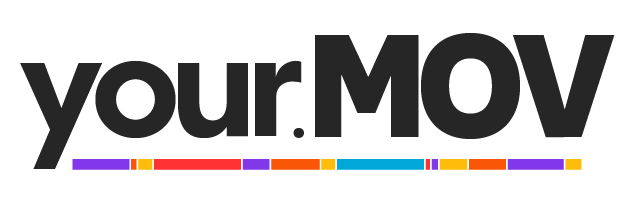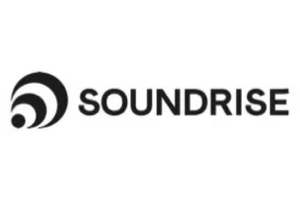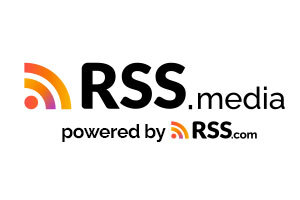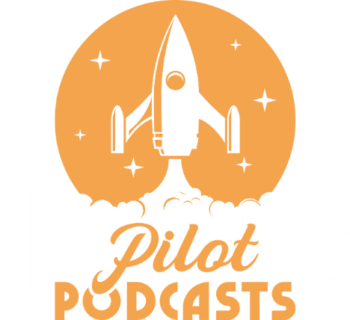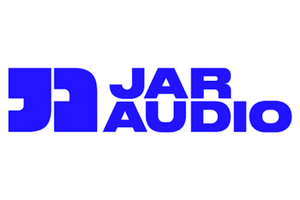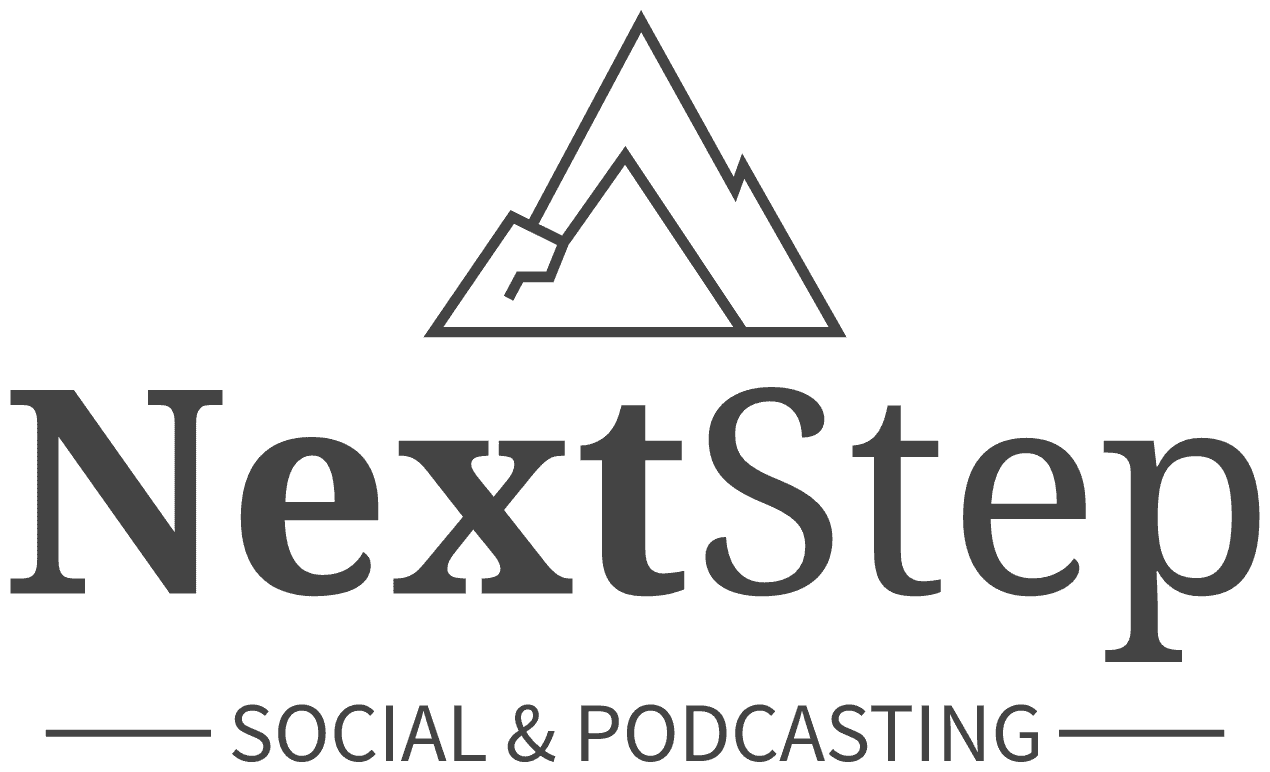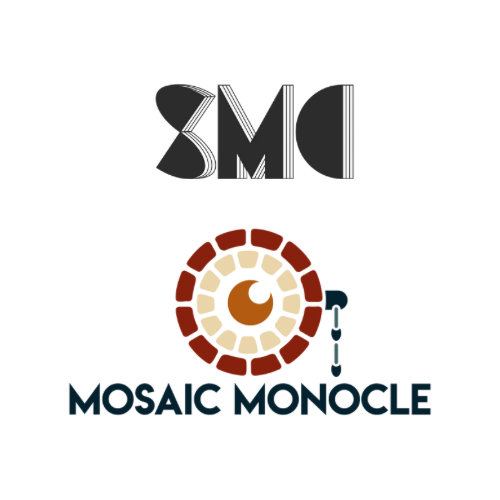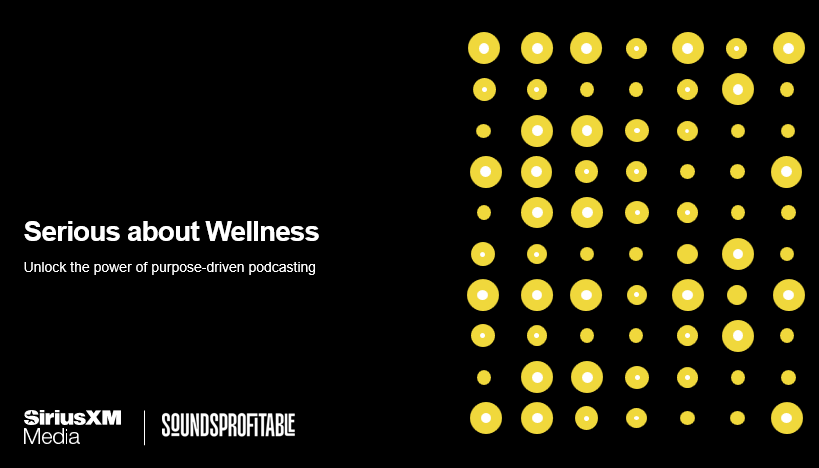This week on the DeepDive Series, Flightpath founder Sean Howard discusses how the platform uses modeling, reporting, and targeting insights to take the guesswork out of order performance, sales, availability, and more. Tune in now.
Today kicks off a big week for us at Sounds Profitable. We start things off with Podcast Movement Evolutions and our own lounge specifically set up for our 130 partner companies to hold semi-private meetings without leaving the convention. On Wednesday at 3pm PT and Thursday at 12pm PT we’ll have open sessions for the public, and would love to have you there. On Saturday, we fly to Austin, TX for SXSW and our live presentation of our latest research, The Medium Moves The Message: A Comparative Assessment of Advertising from Broadcast to Podcast which we’ll also be presenting in webinar form on March 22nd at 3pm ET. You’re not going to want to miss this one.
But it’s also a big week for us because it marks the fourth week of a new piece of content we’ve been putting out called Data Decoded, and we’ve decided that it’s here to stay.
Every week, Tom Webster has been combing through the latest research in or related to the podcast industry, from our partners and respected peers in the space, and pulling out one quality nugget to break down to you in video form in around five minutes. There is so much research coming out in podcasting every single week, and it’s incredibly easy to miss the good bits when you don’t have time to comb through 30 pages or sit through an hour long webinar. So we’re floating them to the top for you.
I sat down with Tom, to ask him some questions about research, Data Decoded, and most importantly advice to both those consuming and creating research, and we thought that this would be the perfect week to share it. So let’s dive in.
What makes first-party or self-run research valuable? What are some good signs to see when you look at a company who builds their own reports from their own data?
I think the first thing to say right up front is that there is no such thing as perfect research. Not even the US Census is perfect, and they spent 7 billion in 2020 on that! Any kind of research has some kind of bias, so if you get hung up on that, you would never use it, which is a path to rapid obsolescence. The key is to report, honest and true, exactly how you collected the data, and exactly who it represents, and then we can understand how to contextualize it.
In the case of a company that builds a report from its own data (which, in podcasting, means a study of a company’s audience, customers, or other related parties), I am totally fine with this kind of work as long as the reporting is precise and there is some nod to the fact that the data being presented applies only to the universe that company represents, and not to the industry at large. If that is reported clearly, then I know what to do with the data.
I’ll give you an example – lots of hosting companies put out data about what platforms people are using to listen to podcasts, or how long the average podcast is, how many are taking ads, etc.. But every hosting platform has a different constituency. Some have more independent customers, while others serve the larger networks. And then there’s Spotify, which is its own dog. I love looking at this kind of data – but the mistake people sometimes make is to project that data to the entire industry. You can’t do that, because this industry isn’t normally distributed. There is a very, very small group of podcasts clustered at the fat head of the long tail, and the rest of the tail is very long and very skinny. Averages are meaningless.
So, to me, as long as a company owns up to this and states it clearly, I can use this kind of data. As a recovering survey researcher, I know a lot of my brethren and sestren can be snobby about this sort of thing, but who is answering telephone surveys anymore? We have to move forward and figure out ways to work with what we have.
What type of research do you believe we’re short on in podcasting that you’d like to see come to fruition in future?
There are two answers here. The first is content research – this industry has yet to even begin to scratch the surface of content research, which is a huge competitive advantage in every form of media that uses it. It’s easy to believe that your show, or your concept, is some kind of special snowflake, and that exposing it to early audience opinions will dilute the vision or compromise the art in some way. Sometimes, that’s true. I doubt David Lynch did focus groups on Blue Velvet, or Darren Aronofksy for Mother. But there aren’t many Lynches or Aronofskys in podcasting. There are very few things in podcasting that wouldn’t be made better by exposing them to the opinions of a disinterested, but not uninterested, potential audience.
The second thing is what Sounds Profitable is solving for – research that benefits the entire industry, and not just a single sponsor or corporate interest. Other media has the benefit of that kind of exploration and study – flip through any issue of the Journal of Advertising Research and tell me when you get to a podcasting article. I’m still waiting. It’s hard right now with the industry still scrapping for every dollar against legacy media platforms to get that kind of research funded. The kind of work that gets published in JAR or circulated widely in agencies is expensive, and right now for a single company to make that kind of investment, they (rightly) have to ask, “what’s in it for ME?”
Luckily, we have a wonderful community of partners at Sounds Profitable, and in particular our research sponsors, who have all had the vision to change that question to “what’s in it for US?” Our next study, The Medium Moves The Message is the kind of work that podcasting has cried out for over the last five years and no one company could fund without finding a way to turn it into advocacy marketing, which limits the impact it can have. We are so fortunate to have a group of partners sponsoring this next study, which squarely pits the value of podcast advertising against the effectiveness of two legacy media channels, TV and radio, and that kind of research is only possible when we all buy into a shared vision. I think we are getting there.
What advice would you give to researchers when it comes time to build their reports and presentations? How do you build your presentations? Should all researchers be joining Toastmasters?
I did Toastmasters – nothing is more brutal than someone counting how many times you said “umm” in a practice presentation 😉 But that really only applies to the mechanics of public speaking. The discipline in presenting research is the discipline of leaving things out. I would rather have one powerful graph that inexorably leads you to an actionable conclusion than a deck full of trivia that doesn’t move us forward.
When I build a research presentation, my focus is on exportable insights – what is the general rule people can apply to their own situation that people can learn from a data point? How does a statistic help podcasters and publishers and advertisers do their job better? If it doesn’t, I leave it out.
My process would probably horrify some data scientists, and Captain Planet to boot. I print out EVERYTHING and spread it on my floor, looking for emergent patterns. When I can synthesize everything to a cogent story, anything that is not crucial to that story does not get added for that report. That doesn’t mean I am “cherry picking” data or burying things – if unused elements are valuable, I’ll resurface them in another story. But I do think it’s incumbent upon those of us with the responsibility of chronicling this space to consider exactly what we hope people will do with the information, and making that as clear as possible.
We’re three weeks into producing your weekly show Data Decoded. What are your goals with the show now that you’ve had time to feel it out?
I think it’s primarily to teach this arcane knowledge I’ve been fortunate enough to come across over the last 25 years – how to look at data critically and make use of it in everyday situations. I think so many companies in podcasting are actually putting out great data about our space, but it’s hard to get that message out with so much noise and content marketing (and AI is only going to exponentially increase that noise). So I want to highlight the good work being done in our space, no matter the source, if I think that it advances our industry or has some instructive value. I am not going to talk about studies I don’t believe in, and this isn’t going to be some kind of “gotcha” show to criticize other people’s work. If I talk about something, it’s because I found some value in it and want to share it.
I’ve been helping media brands find and retain audiences for many years, and I have become increasingly cognizant of the fact that this bizarre arcanum I have acquired over that time is simply not taught in schools or at the corporate level. It isn’t purely data science. It’s human science. Data Decoded isn’t just content for me. It’s a responsibility.
New Partners
Sounds Profitable exists thanks to the continued support of our amazing partners. Monthly consulting, free tickets to our quarterly events, partner-only webinars, and access to our 500+ person slack channel are all benefits of partnering Sounds Profitable.
- Acast is a trailblazer in global podcasting and connects podcast creators, advertisers and listeners across any app or listening platform. They're home to more than 92,000 podcasts, 2,300 advertisers, and the most advanced ways to reach podcast listeners in the industry.
- Workweek finds the smartest creators in B2B and helps them build media companies. They're reimagining the media playbook with newsletters, podcasts, events, education, talent, a venture fund and more.
Want to learn more about partnership? Hit reply or send us an email!

